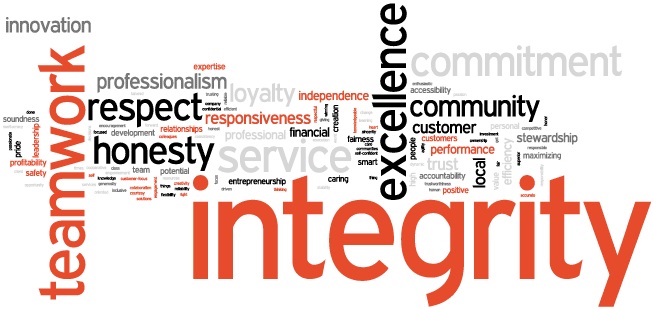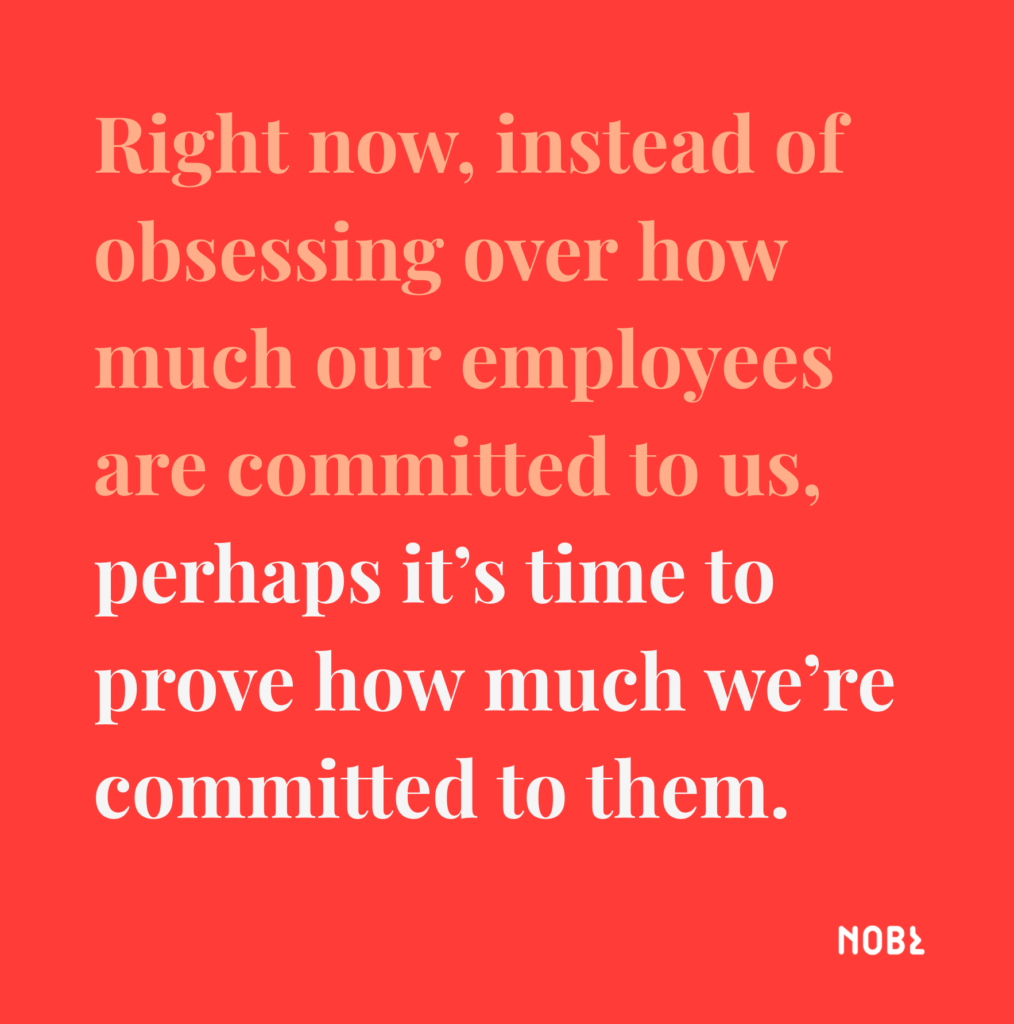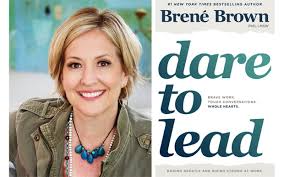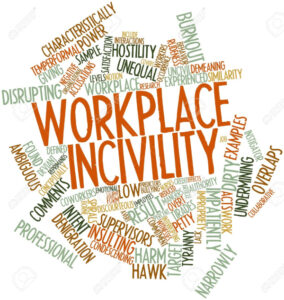On the blog
- By Tammy Tansley
- / August 21, 2020

Following on from Chris' advice on how to be a better negotiator - it starts with being a better listener. Which means listening, not fixing.. Which is somewhat aligned to last week's post on listening too...
- By Tammy Tansley
- / August 10, 2020

If you're hearing this in your personal life from a significant other, it's possible that it's a more prevalent habit than just in the home. It's worth taking some time to get to grips with it. It's one of those habits than eventually ends up tripping you up in one or other parts of your life.
- By Tammy Tansley
- / August 3, 2020

If you believe the culture of your organisation isn't working for you - it isn't necessarily that the culture is bad. Simply that it doesn't serve the needs of the organisation.
- By Tammy Tansley
- / July 27, 2020

Yes. It's the year 2020, and yes, you read the title correctly. According to a recent report by Slater & Gordon, this is perhaps one of the more unexpected aspects of remote working. A whooping 35% of women interviewed claimed to have been subjected to sexist workplace demands whilst working from home.
- By Tammy Tansley
- / July 20, 2020

Being asked for advice can be flattering. But it can also mean we are constantly in rescue mode. And we're not really doing the other person any favours. The other person has limited buy in to our solution and very little growth or learning. Note though.. Listening, asking questions, being curious.. It's hard.. much much harder than saying our piece.
- By Tammy Tansley
- / July 16, 2020

Understanding the composition and chemistry of your team and why people react the way that they do, is a first great step to understanding team dynamics, and why some people do, in the context of a specific team, give their team member(s) the hooby doobies.
- By Tammy Tansley
- / July 5, 2020

It’s about raising awareness - which in turn allows people to see their team mate’s attributes that are different to their own as something that is potentially positive, rather than just irritating. That can, in and of itself reduce conflict that teams experience.
- By Tammy Tansley
- / June 29, 2020

Many organisations have worked very hard over recent years to have excellent family friendly policies that are available to both partners. There are excellent examples of organisations that are progressive and flexible. Those same employers have sophisticated comms programmes to ensure that they are well known throughout their organisations. And yet.
- By Tammy Tansley
- / June 22, 2020

The trick now will be to learn the lessons from the trial by fire, and work out the bits that don't work for each organisation. This may mean going backwards to go forwards - to introduce the new normal slowly. To ask what worked, and importantly, why? And what didn't?
- By Tammy Tansley
- / June 15, 2020

It's a fine line between being a sticky beak and sticking our nose into unwanted territory - and looking after the welfare of our employees; but as we talked about last week, increasingly work and home are colliding.
- By Tammy Tansley
- / June 9, 2020

Risk is no longer just about having an ergonomic chair or table, a proper risk assessment is making sure that your employee is safe in their working environment, whether this is at the actual workplace or at home.
- By Tammy Tansley
- / May 5, 2020

Digging deeper is key. Is it the employee that the Manager doesn't trust? Or the principle of working from home?
- By Tammy Tansley
- / March 24, 2020

If you're working from home (as in actually working from home) for the first time, you might be thinking, where do I start? The following has a pretty comprehensive list of things to think about before you start working from home. But if there's one takeaway that's more important than any other - it's over communicate, over communicate, over communicate!!
- By Tammy Tansley
- / January 4, 2020

The first step to any change is to be able to visualise how something might be different.
- By Tammy Tansley
- / January 3, 2020

Reading can introduce you to new ideas and different perspectives. In today's often polarised world of strident opinions - this is more important than ever.
- By Tammy Tansley
- / January 2, 2020

It's not about the offering of pawternity leave per se. It's about an organisation that is listening to it employees and offering them what they want.
- By Tammy Tansley
- / January 2, 2020

Often, I think it is our OWN expectations of ourselves and what we think we “should” do that creates the unhelpful expectations. We think we “should” be able to balance working full time, children and all that goes from them, looking after the house, with the other expectations of us – extended family and friends etc etc. Add to that the idea of hobbies, or additional studies or whatever, and it is easy to see how it all becomes just overwhelming and undoable.
- By Tammy Tansley
- / November 25, 2019

Some recent musings in the media
- By Tammy Tansley
- / November 25, 2019

This topic should feature on leadership team, executive team and board agendas as part of decent risk and governance; but often it doesn't go beyond the platitudes. If we are to have ethical organisations, we need to do more than that. We need to prepare to deep dive and then be prepared for what we might find when we get there.
- By Tammy Tansley
- / October 28, 2019

Rather than spend a reasonable amount of time addressing fears and concerns ...
Leaders avoid the fears and concerns that arise during period of immense change and then spend an unreasonable amount of time addressing the problematic behaviour that always follows. Brene says "we don't peel the onion to look at what is driving the behaviour".
- By Tammy Tansley
- / October 28, 2019

No matter how much you try, change periods are still tough. Even in scenarios where there are no layoffs, it’s difficult to quell people’s fear about the unknown. However, if you take the right approach to change management, focusing on open and honest communication, while also preparing yourself for the bumpy road ahead, you should be able to keep productivity at normal levels even as the organisation weathers significant change.
- By Tammy Tansley
- / August 17, 2019

Beyond those definitions though, I think the most helpful way to articulate values is in a hierarchy. In what order do the values fall? Let's say an employee has to make a decision to either provide great customer service or save the company money at all costs. These values can (and usually are) in conflict. So which one does the employee choose?




